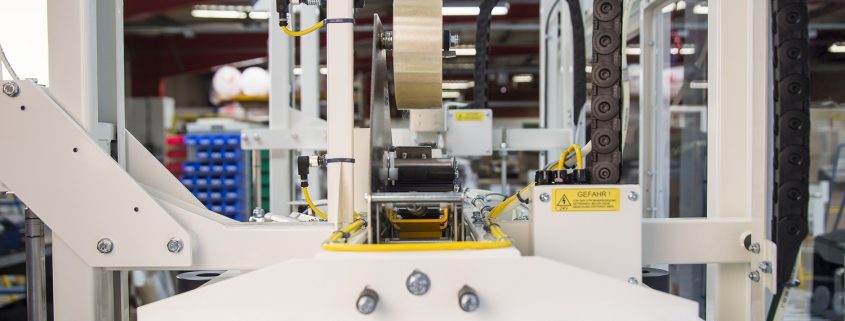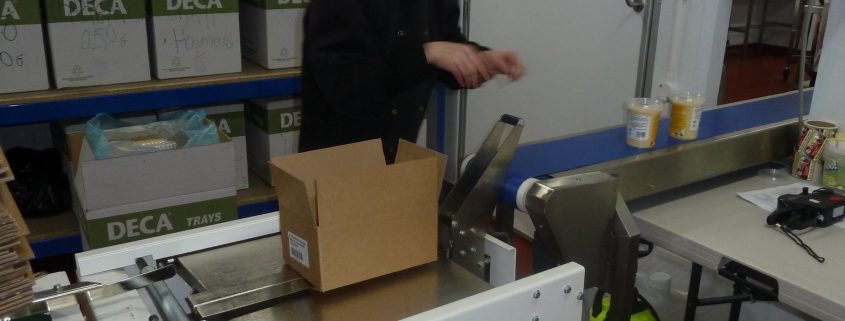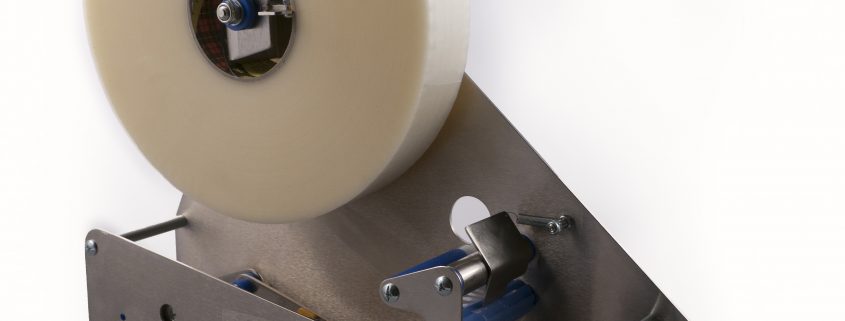Blog post – Automation Stepping Stones for SME’s
According to recent reports, confidence amongst UK SME’s has grown in the first quarter of the year, with a third expecting performance to improve even further in the next three months, and over 50% planning to expand their operations.*
SMEs are a large and integral part of the UK’s economy, with over 99% of all of Britain’s private sector businesses classified as small or medium.** And, by 2020, SME contributions to the UK economy is expected to reach £217 billion.
As enthusiast adopters of new technology, SME’s are more willing to embrace change than their Blue Chip company counterparts and, in a bid to maximise efficiency and production output, they are moving away from labour intensive repetitive tasks and automating manufacturing processes to aid business development.
That first step into automation can be a giant leap, but here are key steps SME’s should take when automating their production facility for the first time:
Get flexible…….
As a small company you may have to adapt your business several times to meet growing demand, so you may question investing in automation in case the system becomes obsolete within a couple of years. Wrong. Any credible automation supplier will offer an adaptable solution to future proof your investment. Today many machines can be upgraded or retro-fitted with new technology to suit future requirements. Also, portability is important. As you grow you may look to upgrade your premises so make sure that your automated system is easy to move.
Where’s the payback?
For most, if not all SME’s, the return on investment (ROI) figures can be a real deal breaker. However with careful planning, a 12-month ROI is attainable. A well thought out automated system can quickly turn an inefficient labour intensive operation into a cost effective, high output production line. Only go for what you need – you don’t necessarily need a system with bells and whistles but look for those that can suit the changing needs of your business. A quality provider of automation will help you calculate the best solution for you based on your existing costs.
Ease of use…..
Any downtime on production can have a detrimental effect on any business. So it is vital that you hold essential spare parts and have the ability to re-program the system quickly if required so your production runs smoothly. If you have to rely on resources outside of your business you run the risk of a gap in production, https://levivard.com which can have a direct impact on your profitability so speak to your provider for regular on-site training and support packages.
Become leaner…..
There is much debate around automation and lean, but SME’s should put the myths to bed and focus on solutions. Implementing lean into manufacturing environments means that it really is an approach to solving manufacturing problems, and if the best solution to a particular problem involves automation, then that makes automation lean. Ultimately it’s about reducing errors and defects, and error-proofing. Finding the right level of automation can enhance your lean initiatives in previously unconsidered ways, for instance, giving you new ways to reduce wasted time, wasted energy, and wasted effort when used in the right applications.
Don’t run before you can walk…
An age old saying, but when a company decides to automate they often feel that unless they have thousands of £££’s to spend fully automating their packaging line then they might as well not bother. However, automation can be built up slowly. Rather than replacing your workforce with a fully automated line ease your company into the concept – while keeping labour involved to work on the new, more productive packaging line.
Use a reputable company…………
If in doubt many people turn to the internet, we have even known first time buyers purchase automation equipment from eBay. However, if something goes wrong with that system you will find it difficult to purchase spare parts or find a reputable engineer to fix the problem. Purchase an automated system from a quality supplier, and don’t be put off if they work with bigger companies, chances are, they will offer less technical systems for a lower price but for the same quality.
With the intelligence of machines improving vastly, now is the time to seriously consider investing in automated systems to make your production more efficient. The National Living Wage increase will affect SME’s most keenly, however, by automating labour intensive tasks they can streamline their workforce and employ people to work on growing the business rather than working on labour intensive tasks. Couple this with the fact that the Annual Investment Allowance is still set at £200k – where SME’s can make tax deductible investments on automation – and it’s not a case of if you decide to automate but when.
Endoline will be able to discuss the right approach for your end of line packaging requirement, please contact us.
*https://economia.icaew.com/en/news/march-2018/confidence-rises-among-uk-smes
**https://www.fsb.org.uk/media-centre/small-business-statistics



